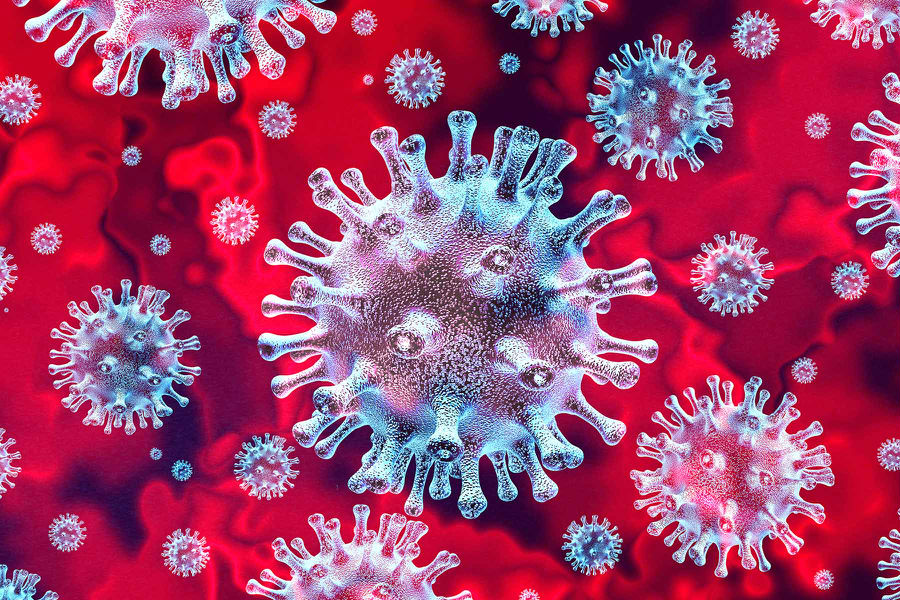Sometimes science simply cannot be rushed, though. "There is some sort of serendipity to the scientific enterprise," Gonsalves told me. "The speed and scale of what is happening now could be just a prelude to the chance discoveries we're going to have to make over a longer period." Bottom line: "You can't scream a cure out of a test tube."
但有时科学是急不来的。贡萨尔维斯告诉我:“这是科学事业的一项意外收获。现在正在发生的事情的速度和规模可能只是一个前奏,我们将不得不在更长的一段时间里做出一些偶然的发现。”总之:“你不可能对着试管大叫就得到解药。”
Next I called Howard Markel, director of the Center for the History of Medicine at the University of Michigan, to talk about another source of my anxiety: that the coronavirus seemed to shape-shift in a uniquely terrifying way. It felt like every day I opened the newspaper to read that a new organ system was subject to its ravages or a new age group was vulnerable. But Markel, who has made a career studying the history of epidemics, told me that was to be expected: The apparent explosion of new and varied symptoms happens with any highly contagious virus when it bursts on the scene.
接下来,我给密歇根大学医学史研究中心主任霍华德·马克尔打了电话,谈了谈另一个让我焦虑的原因:冠状病毒似乎以一种独特而可怕的方式在变形。这感觉就像我每天打开报纸,就会读到一个新的器官系统正在遭受破坏,或者一个新的年龄组正在受到伤害。但以研究流行病史为职业的马克尔告诉我,这是意料之中的:任何高度传染性的病毒在爆发时,都会出现明显的新症状、不同的症状。

"The more clinical material you have, the more patients, the more chances you have to see this protean nature," he said. It's what happened in the early days of the AIDS pandemic in the 1980s, when Markel was just starting his career. At the dawn of any new disease, strange manifestations keep showing up and surprising doctors. Even if the odds of a rare symptom are, say, just one in a thousand, doctors are going to see a lot of it, Markel said, because a thousand patients can accumulate practically overnight with a crazily contagious new illness like this one.
他说:“你拥有的临床资料越多,病人越多,你就越有机会看到这种千变万化的本质。”这就是20世纪80年代艾滋病流行初期发生的事情,当时马克尔刚刚开启他的职业生涯。马克尔说,即使出现罕见症状的几率只有千分之一,医生也会看得到很多这样的情况,因为患上这种疯狂传染的新疾病的病人数量,几乎一夜之间就可以达到一千个。
So the U-turns and revised pronouncements about COVID-19 aren't signs that scientists are flummoxed; they're signs that scientists are generating a torrent of new information and are trying to make sense of it as they go.
因此,有关COVID-19的180度大转弯和修正后的声明,并不是科学家感到困惑的迹象;这些迹象恰恰表明,科学家们正在产生一股新信息的洪流,并试图在他们前进的过程中理解这些信息。













